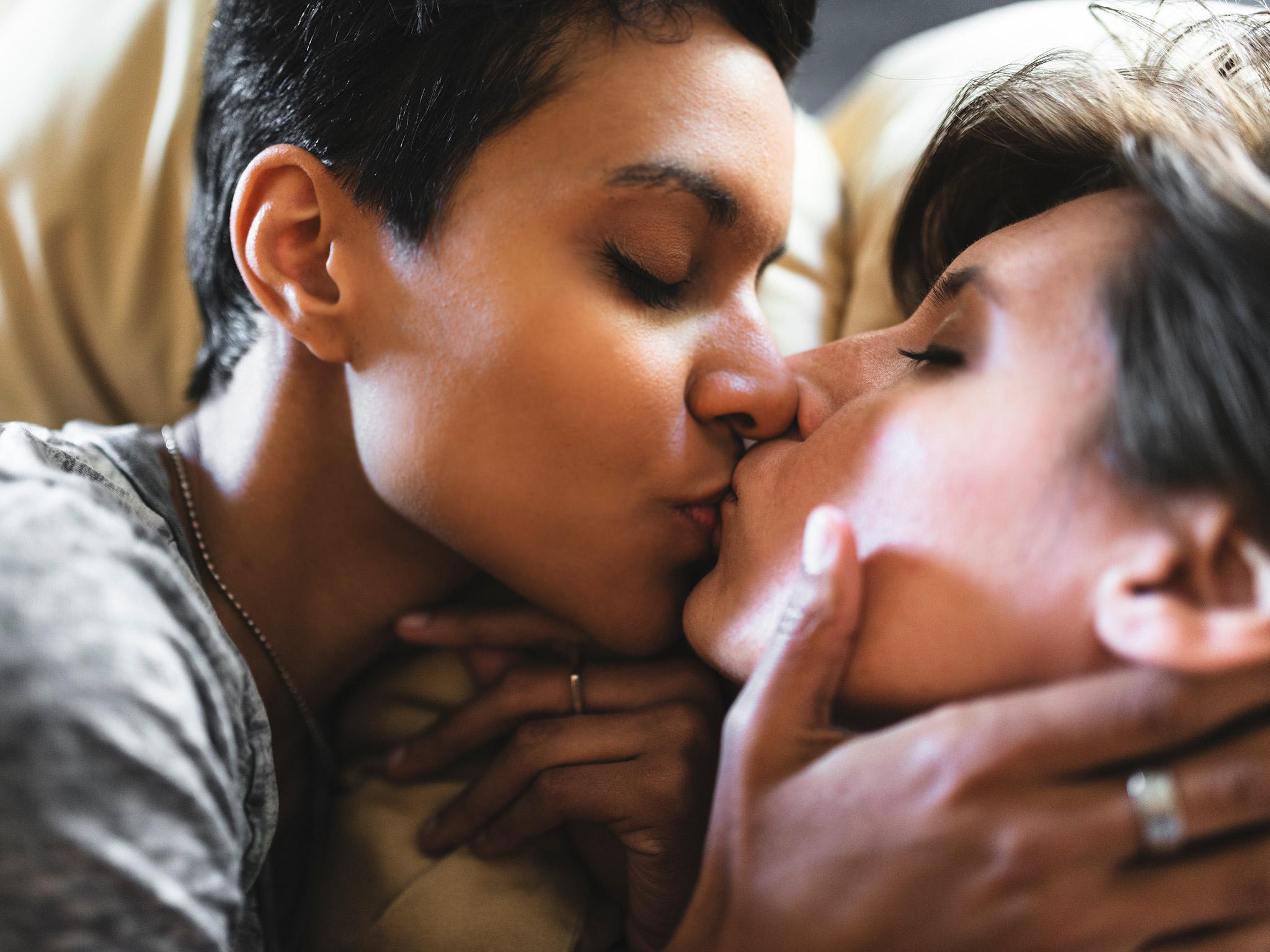Enjoy Sex: An inclusive guide to 'doing it', whatever your body type or sexuality
A new book is re-writing the rules on sex and making it enjoyable for everyone

From downloading porn onto smartphones on the bus, to virtual reality allowing us to 'cop off' with celebrities in the not-so-distant future, how we have and engage with sex has changed dramatically in the past few decades. But we’re still struggling to teach both young and old about the basics of sex, according to the authors of a new inclusive manual.
Currently, sex education in the UK starts when children are in year 7, or aged 11 onwards. While some parts of this education which covers reproduction, sexuality and sexual health are compulsory, parents are allowed to withdraw their children from lessons that aren’t part of the science curriculum. Compounding this is the improper use of porn, with a 2013 study by the NSPCC which found that nearly a third of pupils aged between 11 to 18 said it changes how they behave in relationships. Separate research by the London School of Hygiene and Tropical Medicine last year found that anal sex is becoming more prevalent among teenagers, but that young girls often feel coerced into the act. Meanwhile, young LGBTQA people are largely left out altogether. After we leave school, these attitudes and confusion is left to stew into our adult lives.
Sex toys designed by women - in pictures
Show all 8“Instead of being ‘lie back and think of England’ it’s now more ‘learn all these sexual techniques, and constantly demonstrate how much you’re enjoying it’,” says Dr Meg-John Barker, sex therapist, academic and the co-author of Enjoy Sex: A Practical Guide, commenting on how despite living in a "hypersexualised" society, useful attitudes towards sex have barely changed in a centuries.
The guide, co-authored by sex educator Justin Hancock, shines a light on bodies and our relationships with ourselves and others, while plugging the gap in sex education to include non-heterosexual relationships by moving beyond PIV, or penis-in-vagina sex, which Barkers says are often an “afterthought” in current materials. The inclusive guide also addresses asexual people, who don’t want to have sex at all: hence the book’s subtitle “How, when and if you want to.”
Throwing the rules of sex-ed books out the window, the authors encourage readers to draw their own genitals to learn that our bits come in all shapes and sizes, and hit back at the pressure we are under to have sex in certain ways, from "last longer" in bed to feeling the need to fake orgasms.
Pointing towards the NATSAL sexual survey which found that half of people consider themselves to have some kind of sexual problem, Barker suggests that black-and-white views of what is "wrong" and "right" in sex have cause people to uncesessarily pathologise themselves when.
“That is probably because of the limited idea we get that ‘proper’ sex is PIV. Most people have had kinds of sex they didn’t enjoy - or even found painful - because they thought they should," Barker says.
And Barker is the first to admit that they are as clueless as anyone about sex. And that’s the point.
“One of the things that we emphasise in the book is that due to the messed up messages about sex in the wider culture we’re all pretty clueless. Even for us who spend so much of our time thinking, talking, and learning about this stuff, it can still be pretty difficult.
“For example whenever we see images of people having sex - in movies, sex advice books, and porn - we generally see a very limited selection of mostly young, white, heterosexual, non-disabled bodies. So body shame and insecurity is present in most of us.”
The five sex tips that Barker and co-author Justin Hancock, who is a sex educator, are predictably unconventional.
Firstly, they suggest thinking about all the messages you’ve received about what sex should be like and try to let go of them, then realise that it impossible but be aware of those messages and how they impact you and other people.
Tuning into what “actually” turns you on and making this the basis for the sex you have, whatever that means to you, is also key.
To ensure continued consent, discuss and compare what you are into with your partner to find the overlap they add. And finally: be present to what’s happening rather than aiming at a particular goal.
“We hope that readers will feel able to tune into the sex they may actually want, rather than to have sex they feel that they should have,” adds Hancock. “This is actually a really big ask so we also hope that readers will be able to take on board some of our advice about how to treat yourself really kindly and consensually and understand that relearning some of the crappy messages that we all receive about sex can take time."
Subscribe to Independent Premium to bookmark this article
Want to bookmark your favourite articles and stories to read or reference later? Start your Independent Premium subscription today.

Join our commenting forum
Join thought-provoking conversations, follow other Independent readers and see their replies